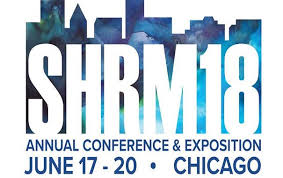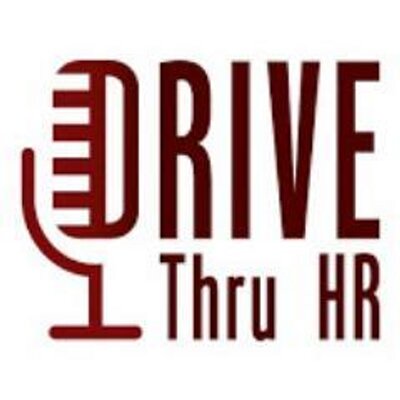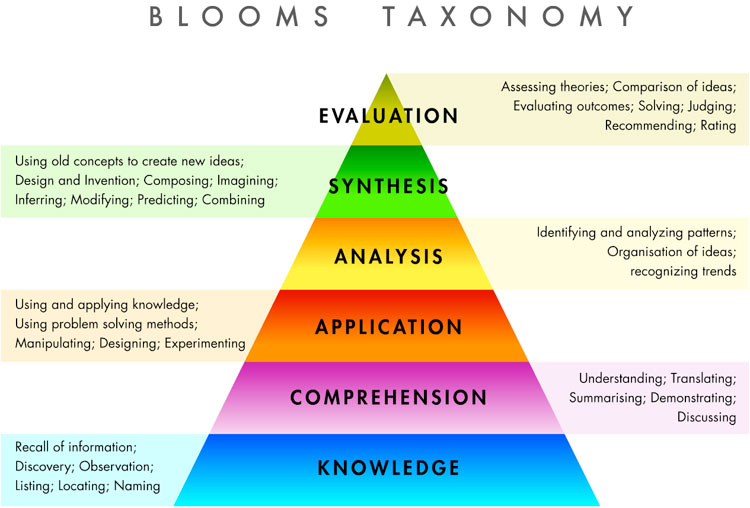This year’s SHRM Annual Conference is a milestone. The team is estimating about 20,000 HR professionals, vendors, and miscellaneous other attendees have converged on Chicago for this year’s event. Attendees are here from around the world–I’ve already met delightful individuals from both Italy and India.
One of the interesting things I sometimes hear from people in my industry is that SHRM isn’t the conference where the “decision makers” are. I’d argue with that. See, everyone’s a decision maker, even if you’re not one today. I have been there as an HR practitioner in the trenches and understand the journey from “I’m trying to keep my head above water” to “I’m running this thing and calling the shots.” It’s sometimes a shorter path than you might expect!
The takeaway for me as a person that analyzes and researches the industry is that there is more need than ever for a focus on the SMB space. Small employers are big, as I pointed out in my recent podcast episode on running an HR department of one.
What’s my big takeaway?
First of all, there’s a renewed focus on the HR department of one. These small HR teams are doing mighty work to advance the culture and partner with the business to create value for employees. For example, this fall I’m going to be working with our local HR group to host an HR department of one panel for a workshop because of the need for this content. SHRM is also trying to make sure it meets this audience with content and education. I don’t know the numbers but I would guess it’s a significant portion of the membership base for SHRM as a national organization.
Additionally, I expect to see more and more vendors focusing on the small and mid-size businesses. The expo hall at SHRM this year is full of more than 700 vendors, a wide variety both familiar and unfamiliar. Insurance, consulting, and HR technology providers span the room. However, more unique offerings that cover everything from flower delivery for bereavement leave to podcasting as an enterprise learning strategy are also present. So many vendors in the HR technology space focus on large employers, but there’s an incredible opportunity to support and serve smaller employers as well.
Bottom line: this is a massive event. I’m honored to be a part of the official team covering the goings on at the conference this year. If you’ve never been, it’s an amazing experience and I’d encourage you to attend in the future!



 Over the years, HRCI has become increasingly stubborn and challenging about awarding SPHR-required business credits for sessions. After several failed attempts in 2016 to get credits awarded for our chapter (for sessions like “building a strategic hiring plan for your organization” and “evaluating the ROI of training initiatives,” we actually ran into an even BIGGER problem. We received business credits, promoted it with business credits to our members, and then HRCI changed their mind after the session was over and our attendees were stuck with general credits, despite paying an extra fee for a business-credit session. Madness, right?
Over the years, HRCI has become increasingly stubborn and challenging about awarding SPHR-required business credits for sessions. After several failed attempts in 2016 to get credits awarded for our chapter (for sessions like “building a strategic hiring plan for your organization” and “evaluating the ROI of training initiatives,” we actually ran into an even BIGGER problem. We received business credits, promoted it with business credits to our members, and then HRCI changed their mind after the session was over and our attendees were stuck with general credits, despite paying an extra fee for a business-credit session. Madness, right?
 Ben:Â Just to get the ball rolling, please tell me about yourself and what you do at Sodexo.Â
Ben: Just to get the ball rolling, please tell me about yourself and what you do at Sodexo.  I just answered a few questions last week and I wanted to cover the topic here because it’s a theme that I am seeing more and more often.
I just answered a few questions last week and I wanted to cover the topic here because it’s a theme that I am seeing more and more often.